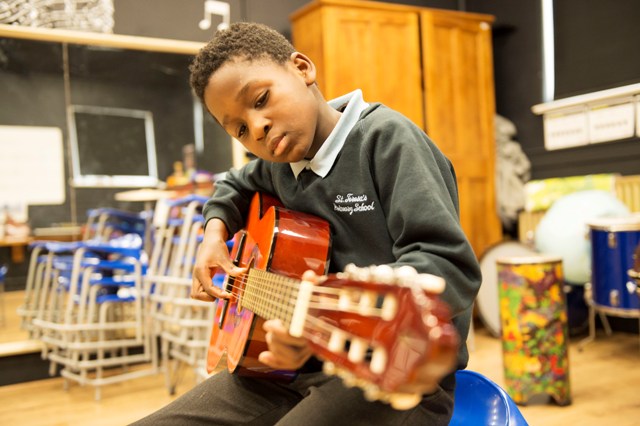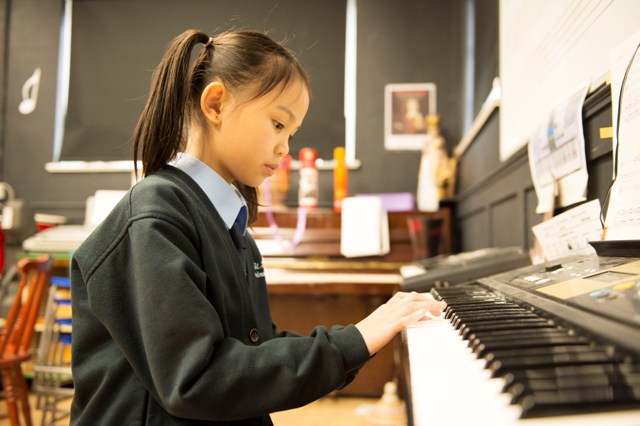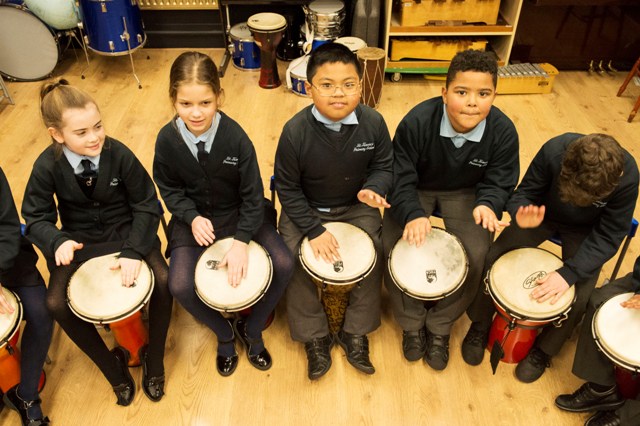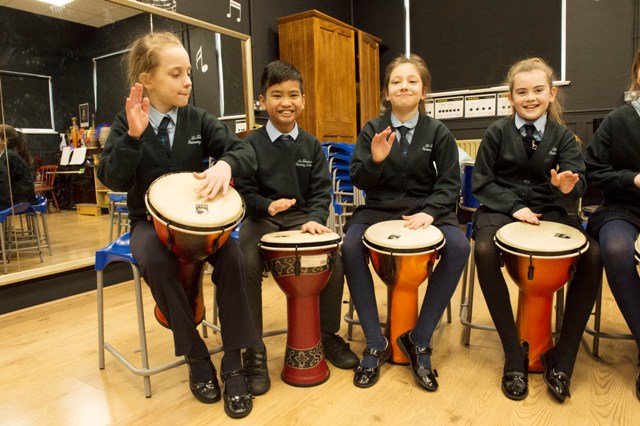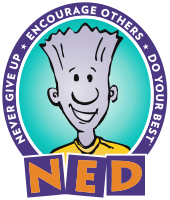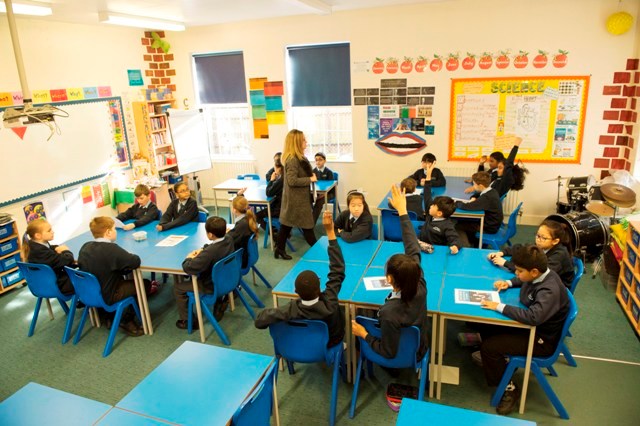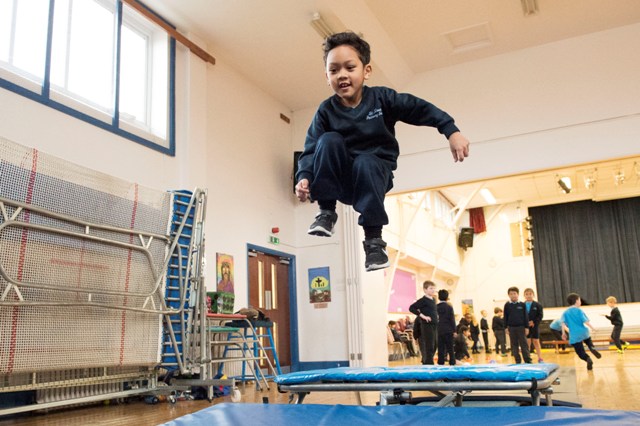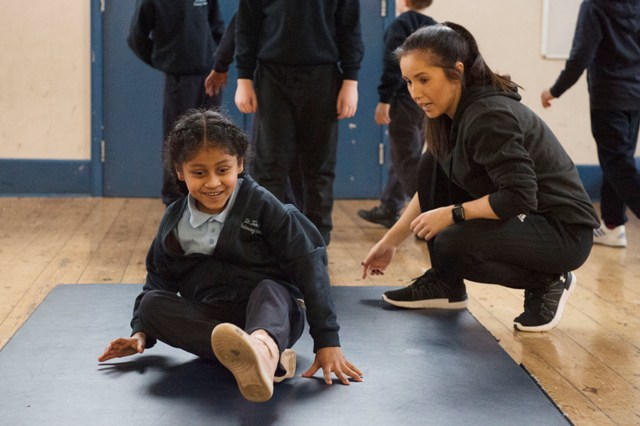Our Intent
Design and Technology is, quite simply, at the foundation of how we have been able to develop as a species. However, with our world changing ever more rapidly, the act of creating and the methods by which our technology works have often become a mystery to most of us. The skills we relied on in the past are being lost and, with the rapid rate of technological advancement, it is increasingly difficult to prepare our children for a future that none of us can predict.
Luckily, some skills pertinent to D&T are timeless. Through the subject, children will learn the knowledge, understanding and skills needed to engage in an iterative process of designing and making. Each year and by the end of Year 6, they will work in a range of relevant contexts (for example, the home, school, leisure, culture, enterprise, industry and the wider environment) and cover five broad areas which are summarised below:
Design
Our pupils will:
- use research and develop design criteria to inform the design of innovative, functional, appealing products that are fit for purpose, aimed at particular individuals or groups
- generate, develop, model and communicate their ideas through discussion, annotated sketches, cross-sectional and exploded diagrams, prototypes, pattern pieces and computer-aided design
Make
Our pupils will:
- select from and use a wider range of tools and equipment to perform practical tasks [for example, cutting, shaping, joining and finishing], accurately
- select from and use a wider range of materials and components, including construction materials, textiles and ingredients, according to their functional properties and aesthetic qualities
Evaluate
Our pupils will:
- investigate and analyse a range of existing products
- evaluate their ideas and products against their own design criteria and consider the views of others to improve their work
- understand how key events and individuals in design and technology have helped shape the world
Technical knowledge
Our pupils will:
- apply their understanding of how to strengthen, stiffen and reinforce more complex structures
- understand and use mechanical systems in their products [for example, gears, pulleys, cams, levers and linkages]
- understand and use electrical systems in their products [for example, series circuits incorporating switches, bulbs, buzzers and motors]
- apply their understanding of computing to program, monitor and control their products.
Cooking and nutrition
Our pupils will:
- understand and apply the principles of a healthy and varied diet
- prepare and cook a variety of predominantly savoury dishes using a range of cooking techniques
- understand seasonality, and know where and how a variety of ingredients are grown, reared, caught and processed.
Our approach
It is our view that engaging in this process allows our pupils to see that they can have an impact on the world themselves: they can create something where before there was nothing. Creativity and out-of-the-box, novel thinking are already extremely desirable to employers and to the country, and these should be taught systematically in order for our children to reach for them like reaching for a tool.
At the core of our aims for Design and Technology are three key principles:
- To unmask the design and making process in order to reveal that everything man-made has been created with intent and skills that are available to our pupils.
- To develop our pupils’ vital metacognitive skills such as planning, evaluating and resilience.
- To equip our pupils with an understanding of the world and fundamental life skills such as building and mending, and cooking nutritionally balanced food.
This final point also serves our school intent to be better caretakers of The Earth by promoting mending, reusing and recycling instead of buying, consuming and making waste.
Each year, our pupils will take part in three design and technology projects. Pupils will have the opportunity to design and make ‘things’. These may be models, prototypes, physical items, graphical items, moving things, static things, etc, using a range of skills, processes, tools, equipment and materials. This will be as hands-on as possible, and will value independence, self-made decisions and variety in their final finished products.
Through research, Pupils will be taught to identify what people need and want and be able to produce solutions, objects and ‘things’ for individuals and groups. These may be people they know, people they don’t, people real or imaginary (through links with literature focussed on in class). Sometimes they will choose who they need to design for and sometimes they will be told.
Everything pupils design and make will have a purpose. They will be taught to identify the purpose of their outcomes and those that other people have designed and made, experiencing a range of different products in different situations. They will be able to identify where things work well and times when they don’t. Pupils should be able to understand that often products need to have many different purposes and functions to make them work effectively. Pupils should experience a range of products in a range of different situations.
As a school with our community at its heart, we aim to take advantage of the myriad skills and experiences of its members related to the field of Design and Technology. This will include inviting in people with relevant practical skills to show our pupils that the learning has real-world applications, as well as trips to local businesses to make links between the design process taught in school and how that same process is applied in business.
At the end of each unit teachers use their assessment judgements to consolidate understanding. The pupils keep a design journal that follows them up through the school, amalgamating and displaying how their skills and individual style have developed. In the Summer term, we celebrate our incredibly popular STEM week and children participate in fantastic learning opportunities such as inspirational talks from people in STEM careers, programming competitions, as well as open ended design challenges that give our pupils the freedom to follow their own process and find their own solutions.

